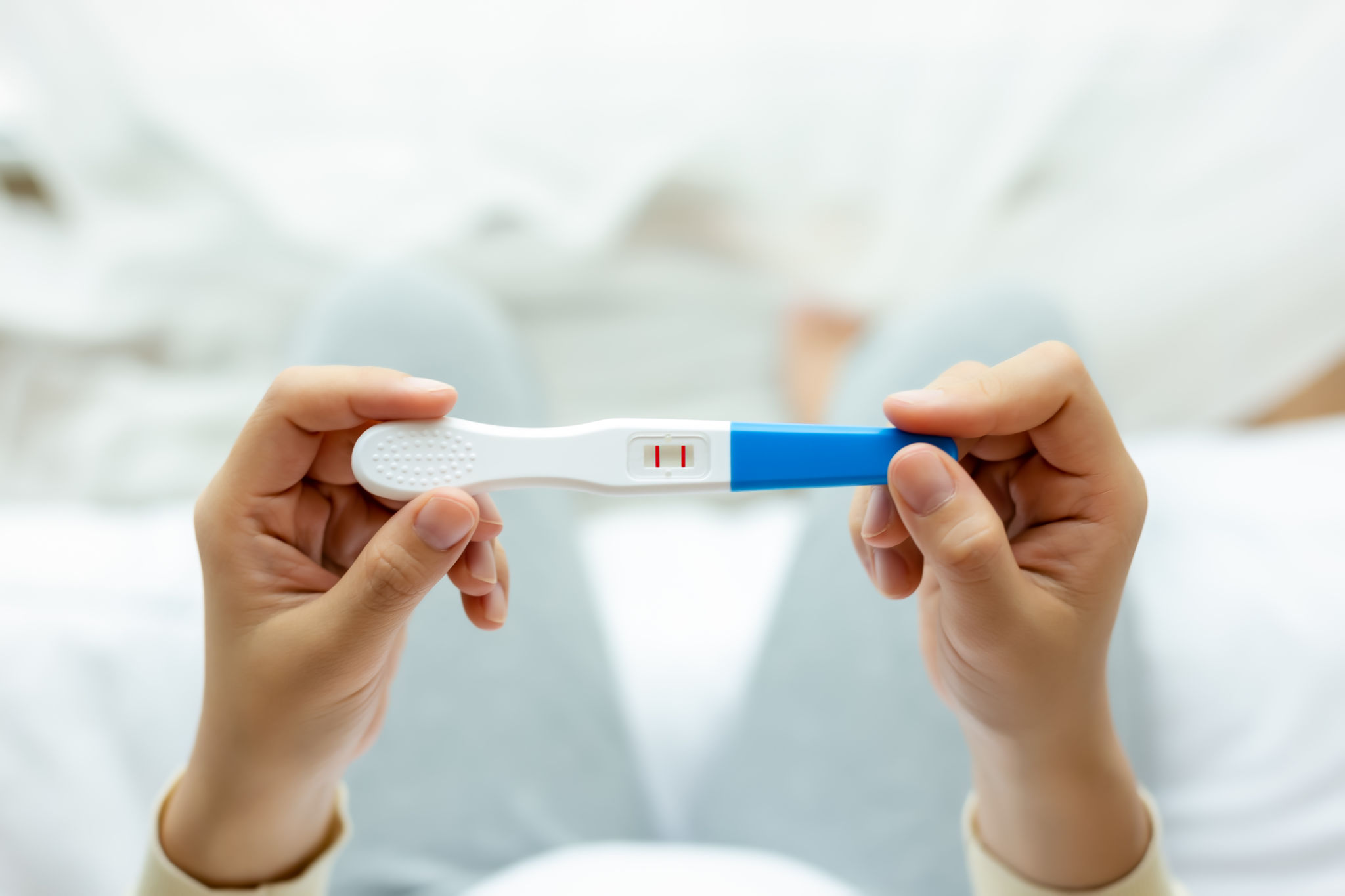Choosing the Right Noninvasive Prenatal Test: A Guide for Expecting Parents
Understanding Noninvasive Prenatal Testing
Expecting a child is an exciting journey filled with many decisions, one of which is choosing the right noninvasive prenatal test (NIPT). These tests offer a safe way to gain insights into your baby’s health without the risks associated with invasive procedures. Noninvasive prenatal testing is a screening test that analyzes small fragments of fetal DNA circulating in a pregnant woman's blood.
NIPT can provide information about certain genetic conditions, such as Down syndrome, trisomy 18, and trisomy 13. It is important to understand that NIPT is a screening test, not a diagnostic test. This means it can indicate whether there is an increased risk of a genetic condition, but it cannot definitively diagnose it.

When Is NIPT Recommended?
NIPT is typically recommended for women who are at higher risk for chromosomal abnormalities. These risks can be due to advanced maternal age, a family history of genetic conditions, or abnormal results from other prenatal screenings. However, many healthcare providers now offer NIPT to all pregnant women due to its accuracy and noninvasive nature.
Timing is also crucial when considering NIPT. Most tests can be performed as early as 10 weeks into pregnancy. Early testing allows for more informed decision-making and planning throughout the pregnancy.

Comparing Different NIPTs
There are several types of noninvasive prenatal tests available, each with its unique features and benefits. Here are some factors to consider when comparing different NIPTs:
- Accuracy: Most NIPTs have high accuracy rates, but it's important to discuss specific statistics with your healthcare provider.
- Genetic Conditions Screened: Different tests may screen for different conditions. Ensure the test you choose covers the conditions that are most relevant to your situation.
- Cost and Insurance Coverage: The cost of NIPTs can vary, and not all insurance plans cover them. It's essential to verify what your insurance will cover and consider any out-of-pocket costs.
Consulting with a genetic counselor can also provide valuable insights when choosing the right test.
Understanding Test Results
Receiving your NIPT results can be an anxious time for expecting parents. Typically, results are available within one to two weeks. If the results show a low-risk outcome, you can be reassured that the likelihood of chromosomal abnormalities is low. However, if the results indicate a high risk, further diagnostic testing may be recommended to confirm the results.

It's crucial to remember that a high-risk result does not mean your baby definitely has a condition; rather, it indicates that further testing may be needed for confirmation.
The Role of Healthcare Providers
Your healthcare provider plays an essential role in guiding you through the process of choosing and understanding NIPT. They can provide detailed information about the different tests available and help interpret the results in the context of your individual health and family history.
Regular consultations and open communication with your healthcare provider ensure that you receive personalized care tailored to your needs throughout your pregnancy journey.
Making an Informed Decision
Choosing the right noninvasive prenatal test is a personal decision that should be made based on accurate information and professional guidance. By understanding the purpose, benefits, and limitations of NIPT, you can make an informed choice that aligns with your values and expectations for your pregnancy.
The peace of mind that comes from knowing more about your baby's health allows you to focus on preparing for their arrival with confidence and joy.